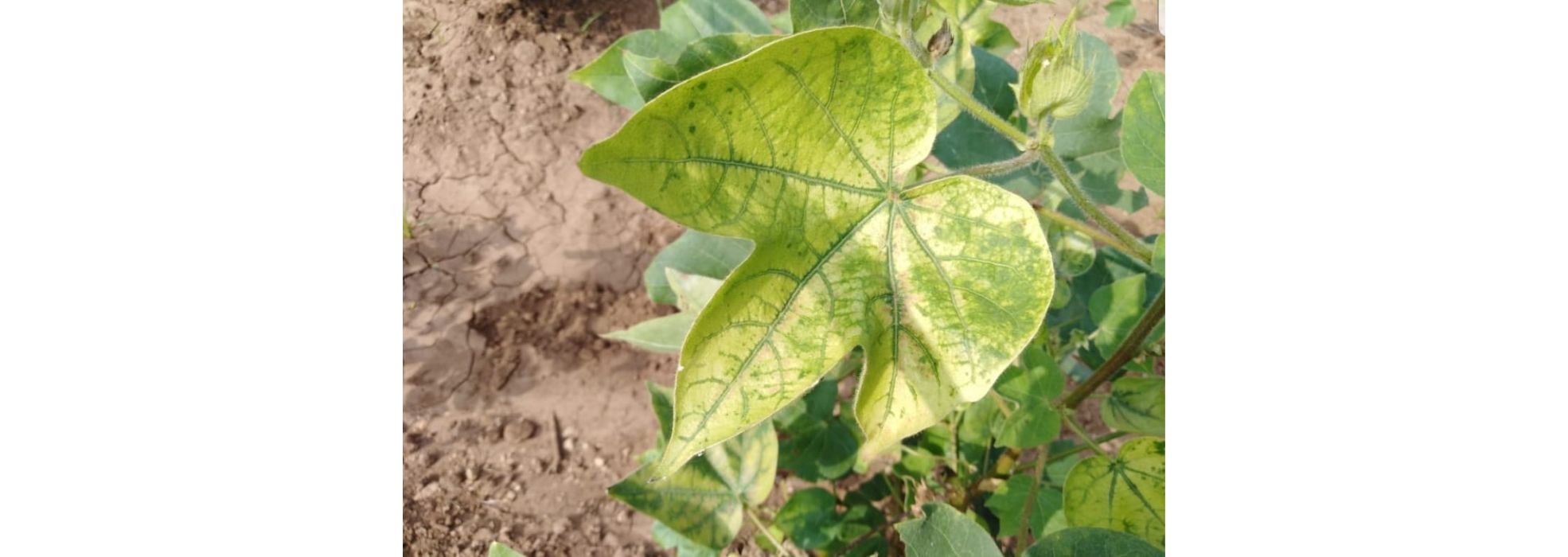Understanding Zinc Deficiency in Cotton: Causes, Symptoms, and Solutions
June 14, 2024Zinc is a crucial micronutrient for cotton plants, playing an essential role in various physiological and
biochemical processes. Despite its importance, zinc deficiency is a
common issue in cotton cultivation that can significantly impact yield and
quality. In this blog, we’ll explore the causes, symptoms, and solutions for
zinc deficiency in cotton.
Click Here For the best zinc deficiency
The Importance of Zinc in Cotton
Cultivation
Zinc is vital for several plant
functions, including:
Enzyme Activation: Zinc is a
cofactor for numerous enzymes involved in protein synthesis, growth regulation,
and carbohydrate metabolism.
Hormone Production: It is crucial for
the production of auxin, a growth hormone that influences cell elongation and
division.
Photosynthesis: Zinc plays a
role in chlorophyll production and the maintenance of plant structure.
Causes of Zinc Deficiency
Several factors can lead to zinc
deficiency in cotton plants:
Soil pH: High soil pH (alkaline
conditions) can reduce zinc availability. Zinc becomes less soluble and
harder for plants to absorb in soils with a pH above 7.5.
Soil Type: Sandy soils, which have low
organic matter, often have lower zinc availability compared to clay or loamy
soils.
Nutrient Imbalance: Excessive levels
of phosphorus in the soil can inhibit zinc uptake by plants, leading to
deficiency symptoms.
Weather Conditions: Prolonged dry
spells can reduce zinc mobility in the soil, limiting its availability
to plants.
Symptoms of Zinc Deficiency
Recognizing the symptoms of zinc
deficiency early is crucial for effective management. Key symptoms include:
Chlorosis: Interveinal chlorosis
(yellowing between the veins) of younger leaves is a common sign. The veins
remain green while the rest of the leaf turns yellow.
Stunted Growth: Zinc deficiency
can lead to stunted plant growth due to impaired cell elongation and division.
Small Leaves: Leaves may become
smaller and misshapen, often with a distorted appearance.
Delayed Maturity: Zinc-deficient
cotton plants may exhibit delayed flowering and fruiting, impacting overall
yield.
Diagnosing Zinc Deficiency
Accurate diagnosis is essential for
addressing zinc deficiency effectively:
Soil Testing: Conducting soil tests
can determine zinc levels and other soil properties that influence zinc
availability.
Tissue Testing: Analyzing leaf tissue
samples for zinc concentration can confirm deficiency and help tailor
corrective measures.
Solutions for Zinc Deficiency
Once zinc deficiency is identified,
several strategies can be employed to correct it:
Soil Amendments: Applying zinc sulfate
or other zinc-containing fertilizers can replenish soil zinc levels. The
application rate should be based on soil test results.
Foliar Sprays: In severe cases, foliar
applications of zinc solutions can provide an immediate supply of zinc to the
plants. This method is particularly useful during critical growth stages.
Adjusting Soil pH: Lowering soil pH to
an optimal range (6.0-7.0) can improve zinc availability. This can be achieved
by applying acidifying agents like sulfur.
Balanced Fertilization: Ensuring a
balanced nutrient supply can prevent competitive inhibition. Avoid excessive
phosphorus applications and consider using balanced NPK fertilizers with added
micronutrients.
Best Practices for Preventing Zinc
Deficiency
Preventive measures can help avoid
zinc deficiency and ensure healthy cotton growth:
Regular Soil Testing: Conduct soil
tests before planting and periodically during the growing season to monitor
nutrient levels and pH.
Organic Matter: Increasing soil
organic matter through compost or cover crops can enhance zinc availability and
overall soil health.
Crop Rotation: Implementing crop
rotations that include legumes can improve soil structure and nutrient
availability, reducing the risk of deficiencies.
Conclusion Zinc deficiency in cotton
is a manageable issue with the right knowledge and practices. By understanding
the causes, recognizing the symptoms, and implementing appropriate solutions,
farmers can maintain healthy cotton crops and achieve optimal yields. Regular
monitoring and proactive management are key to preventing and addressing zinc
deficiency, ensuring sustainable and productive cotton farming
At krishibazaar.in, you can find and buy various agricultural products. For agricultural
guidance on selecting the most suitable products for your crops, please contact
or WhatsApp at +917887880887






Guest reviews
No reviews found for this Blog